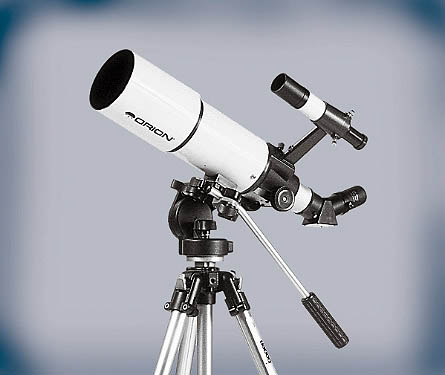Astronomy - Astronomy for Beginners

Ali Matinfar captured this image of stargazers under the Milky Way from the Mesr Desert in Iran.
Ali Matinfar / Online Photo Gallery
Ali Matinfar / Online Photo Gallery
Did the astronomy bug bite you while you were out last night? Feeling inspired to learn about the wonders of the sky, the solar system, and all the science behind them?
This page and the links within serve as your one-stop-shop for astronomy-related resources. Find everything from what's up in the night sky this week and advice for buying your first telescope to the best coverage you’ll find online of upcoming celestial events such as eclipses and meteor showers.
If you're just getting started, be sure to check out our Beginning Stargazer's Kit to make the most of the top celestial events of the year, and better yet, savor the universe just over your head every night.
What's Up In the Night Sky Tonight?
All you really need to do to get started in astronomy is look up. The night sky is an amazing treasure chest of astronomical wonders, even if you don't have a telescope or even binoculars.
 Our most popular (and free) offering, "This Week's Sky at a Glance," guides you to the naked-eye sky, highlighting the major constellations and planets viewable in the evening sky, with occasional dips into deep-sky territory.
Our most popular (and free) offering, "This Week's Sky at a Glance," guides you to the naked-eye sky, highlighting the major constellations and planets viewable in the evening sky, with occasional dips into deep-sky territory.
But that's not the only resource you'll find here. Download our monthly astronomy podcast and take it with you when you venture out tonight to get a guided tour to the night sky.
Or do your own sleuthing with our interactive sky chart (but note the workarounds you'll need to get this Java applet working as we build its successor).
If there are any major celestial events, such as comets, eclipses, or meteor showers, you'll find all the latest information (including instructions on where to look and detailed sky charts) in our observing news section.
Astronomy Facts - Building Your Background
Even though you don't need to know the Greek names of the constellations or understand the nature of black holes in order to relish the night sky, you might want to anyway. We provide a rich supply of information and resources where you can get the astronomy facts to enrich your experience.
- Learn astronomy lingo
- Learn to use sky charts and star wheels (or make your own)
- Family-friendly astronomy activities
- Observing Tips by Celestial Object
- Observar el Cielo
You'll also find a growing supply of answers to frequently-asked astronomy questions, be they related to the hobby or science of astronomy.
Read to Go Deeper?
The naked-eye sky is full of astronomical treasures, and it gets even better with a little magnification. But don't feel you have to go out and buy a high-power telescope right away. Often the best first telescope is a pair of binoculars. Binoculars can give you the wide-field view that's essential to really learning your way around the night sky. Find out more about choosing and using binoculars here.
Once you're ready for a telescope, we have more than a few words of advice! You'll want to check out two digestible articles on the topic of choosing your first telescope: "What to Know Before Buying a Telescope" and "How to Choose a Telescope." You might also be interested in our video guides to choosing, using, and equipping your telescope.
Once you're ready to take on deep-sky challenges, such as spotting faint galaxies and fuzzy nebulae, prepare for a dive into deep celestial seas with Sky & Telescope's Deep-Sky Observing Collection.

No comments:
Post a Comment